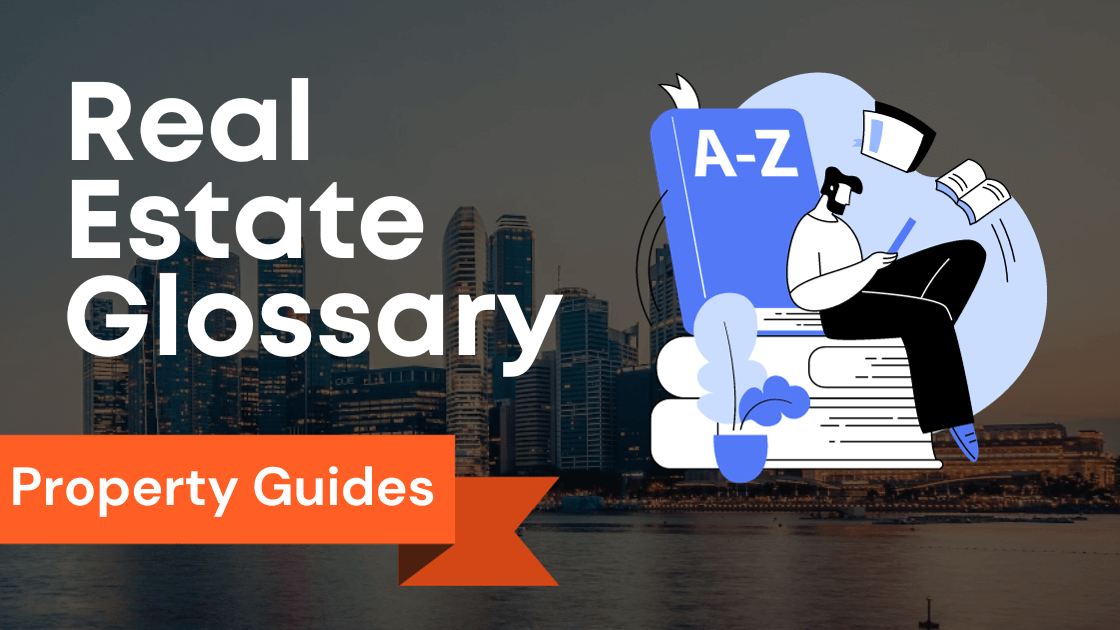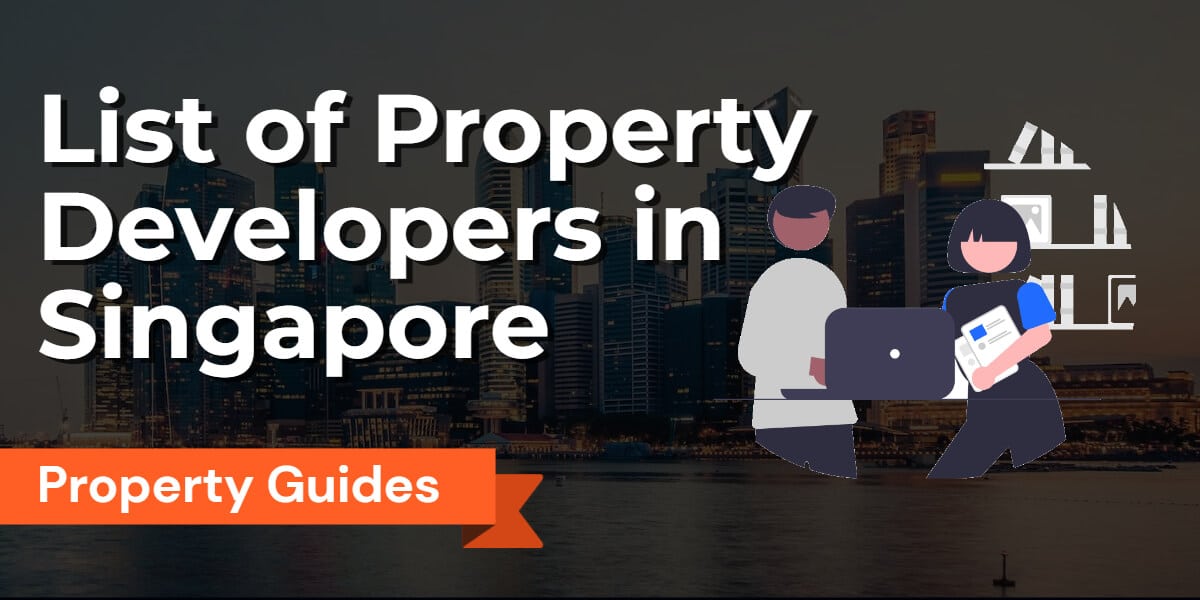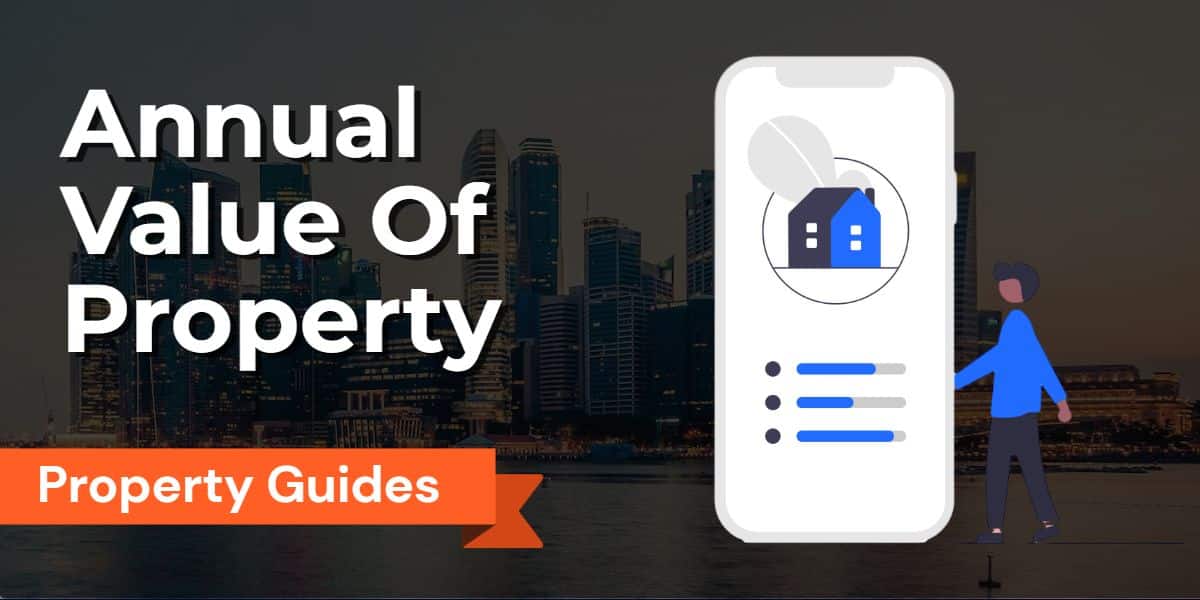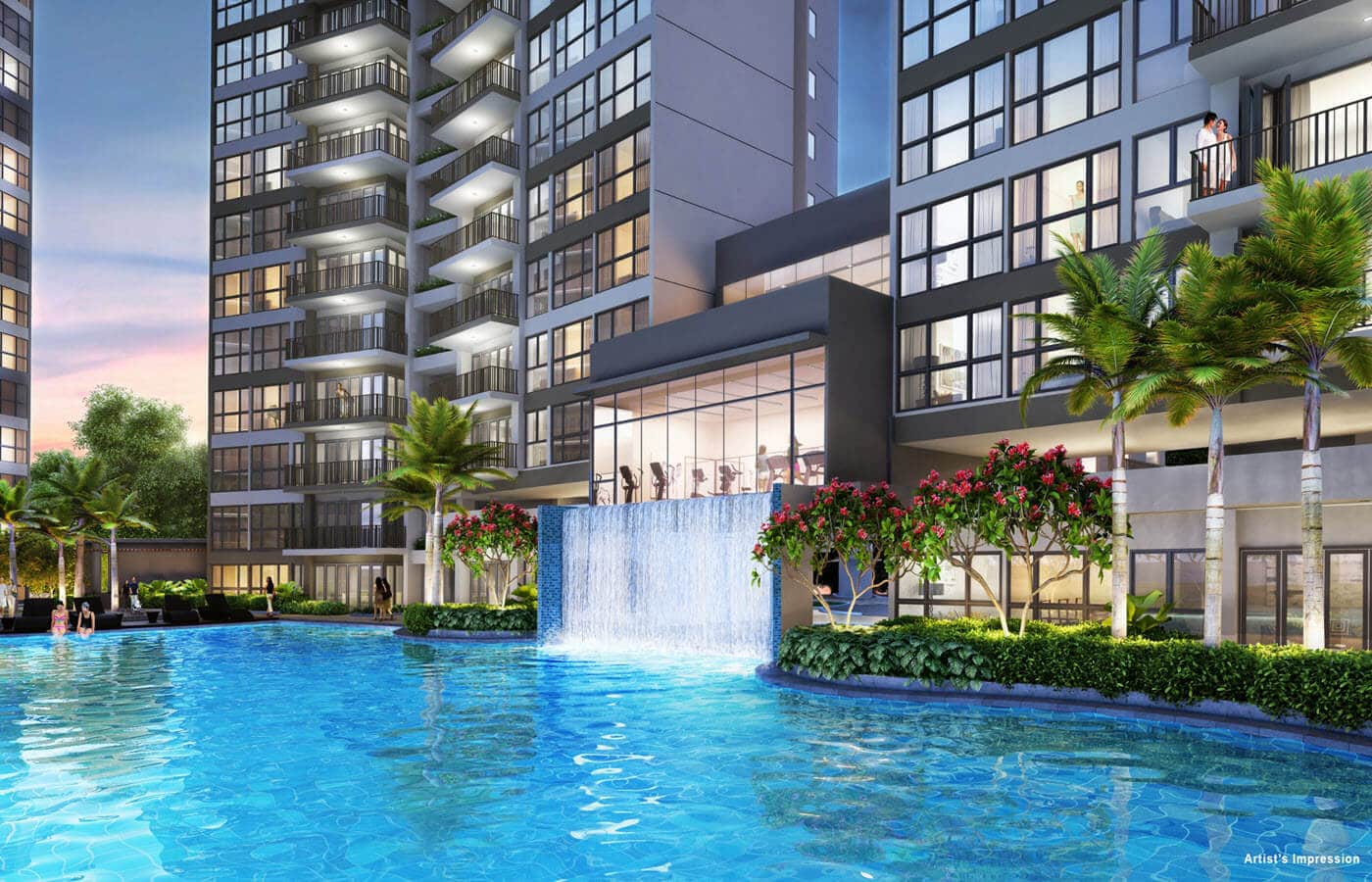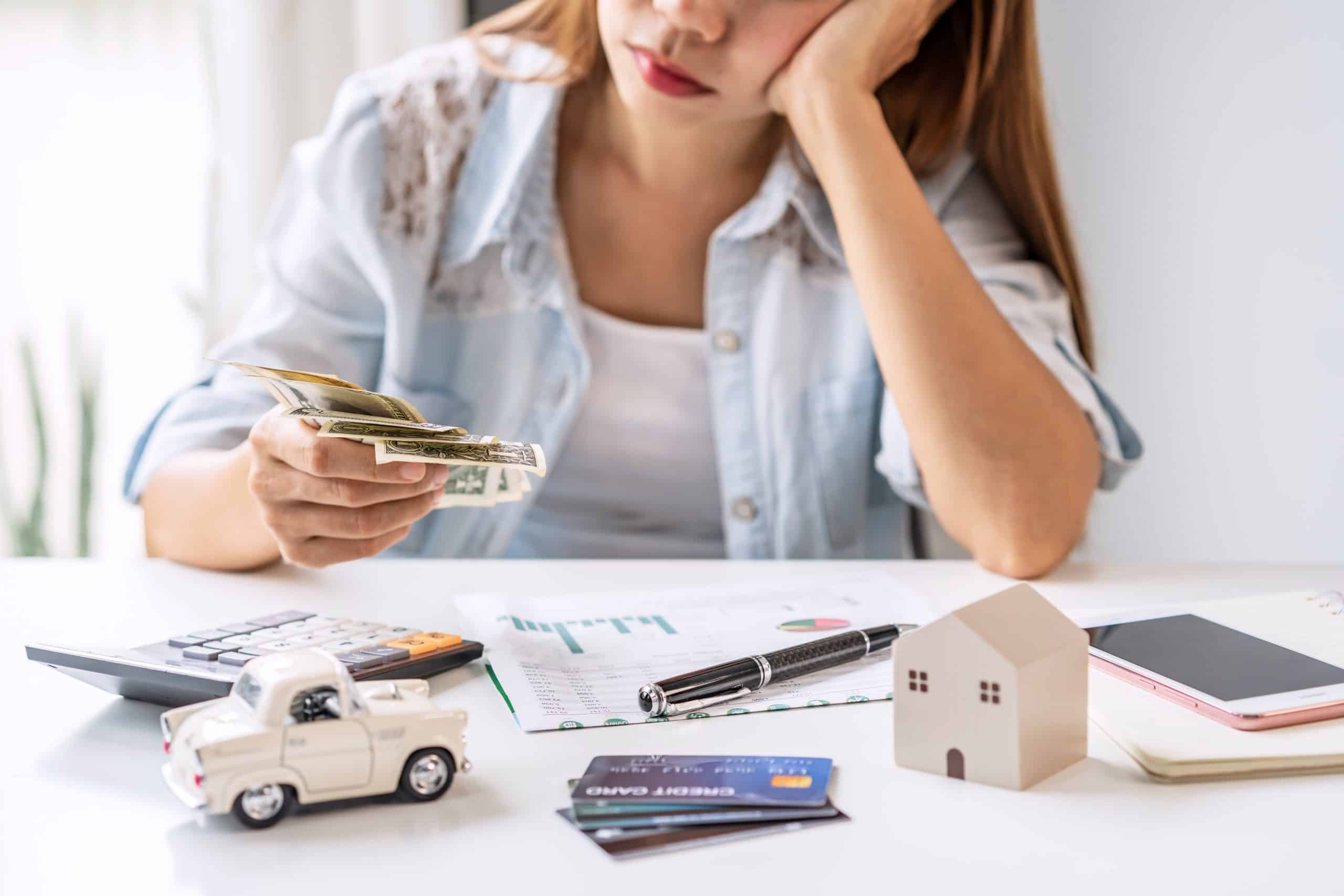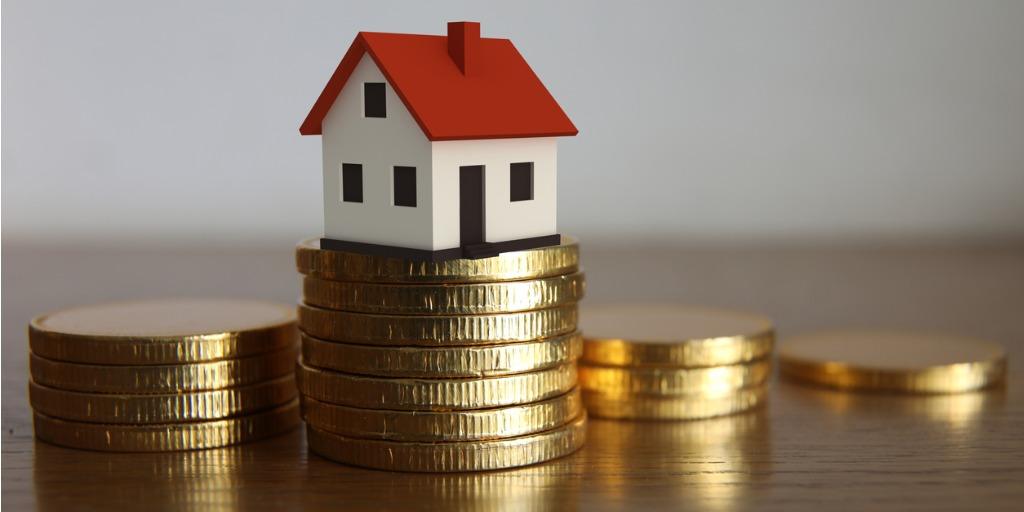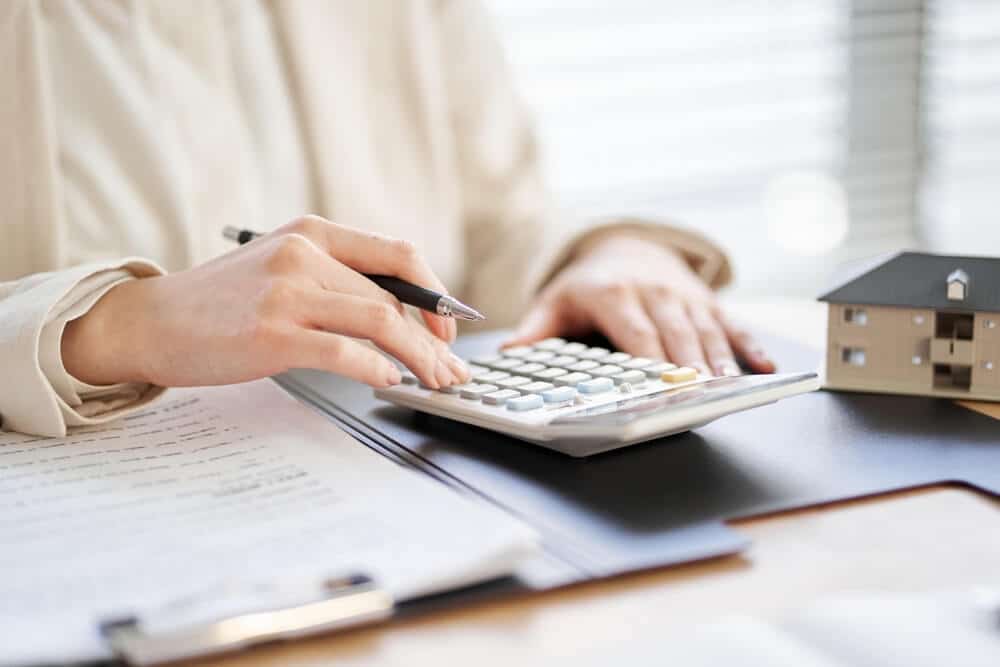
Welcome to an exciting journey into the world of HDB Buyer Stamp Duty (BSD) in Singapore! If you’re an 18-year-old looking to understand this crucial aspect of property buying without any jargon, you’ve come to the right place.
Key Takeaways
| Key Takeaway | Information |
|---|---|
| Definition of HDB Buyer Stamp Duty | HDB Buyer Stamp Duty (BSD) is a tax payable by buyers of HDB flats in Singapore, based on the purchase price of the property. |
| Applicability of HDB Buyer Stamp Duty | HDB Buyer Stamp Duty is applicable to anyone who purchases an HDB flat in Singapore. |
| Calculation of HDB Buyer Stamp Duty | HDB Buyer Stamp Duty (BSD) is calculated based on the purchase price of the property using rates set by the Singapore government. |
| Different Types of Stamp Duty in Singapore | Stamp duty includes Buyer Stamp Duty (BSD), Additional Buyer Stamp Duty (ABSD), and Seller Stamp Duty (SSD). |
| Stamp Duty Rates for Residential and Non-Residential Properties | Residential properties generally have higher stamp duty rates compared to non-residential properties. |
| Role of Inland Revenue Authority of Singapore (IRAS) in Collecting Stamp Duty | IRAS is responsible for collecting stamp duty and provides online calculators to estimate stamp duty. |
| BSD and ABSD Rates Impact in 2023 | The government revised BSD and ABSD rates in 2023 to curb speculation and maintain property affordability. |
| Subjects to BSD and ABSD Rates | Buyers of residential properties, including HDB flats and private properties, are subject to BSD and ABSD rates. |
| Example of BSD and ABSD Impact | Singapore citizens buying their first residential property pay lower BSD rates than foreigners buying a second property. |
| Factors Determining Stamp Duty | Property price, citizenship status, and second property purchases influence the stamp duty amount. |
| Stamp Duty for HDB Flats and Private Properties | HDB flats and private properties have different stamp duty rules and regulations. |
| Cooling Measures in the Singapore Property Market | Cooling measures like ABSD and SSD aim to stabilize the property market and curb speculation. |
| Cooling Measures’ Impact on HDB Buyer Stamp Duty | Cooling measures affect the HDB buyer stamp duty based on the property’s purchase price or market value. |
| ABSD on Exemptions for Foreigners | There are no exemptions from ABSD for foreigners buying residential property in Singapore. |
| Understanding Option to Purchase (OTP) and Stamp Duty | The OTP itself doesn’t attract stamp duty, but once exercised, stamp duty becomes payable. |
| Calculation of Stamp Duty for Residential Properties | Stamp duty for residential properties is calculated based on the purchase price or market value. |
| ABSD Remission and Eligibility | ABSD remission provides relief to certain individuals or situations, and Singapore citizens may qualify for it. |
| Impact of Property Prices on Stamp Duty | Property price directly influences the stamp duty amount payable by buyers. |
| Stamp Duty Supporting Housing Goals | Stamp duty helps ensure a sustainable property market and influences property prices to support housing goals. |
| Stamp Duty Rates for HDB and Private Property Buyers in 2023 | The revised ABSD rates in 2023 have implications for HDB and private property buyers based on their circumstances. |
Understanding HDB Buyer Stamp Duty (BSD) in Singapore
Definition of HDB Buyer Stamp Duty (BSD)
HDB Buyer Stamp Duty (BSD) is a tax payable by buyers of HDB flats in Singapore.
It is a form of stamp duty that is calculated based on the purchase price of the property.
When is HDB Buyer Stamp Duty Applicable?
HDB Buyer Stamp Duty applies to anyone who purchases an HDB flat in Singapore.
How is HDB Buyer Stamp Duty Calculated?
The HDB Buyer Stamp Duty (BSD) calculation is based on the purchase price of the property.
The rates are determined by the Singapore government and are subject to change.
To calculate the BSD, you can use the stamp duty calculator provided by the Inland Revenue Authority of Singapore (IRAS).
Overview of Stamp Duty in Singapore for Residential Properties

Different Types of Stamp Duty in Singapore
Stamp duty is a tax levied on documents relating to the purchase or lease of properties in Singapore.
There are different types of stamp duty depending on the nature of the property and the transaction.
The main types of stamp duty include Buyer Stamp Duty (BSD), Additional Buyer Stamp Duty (ABSD), and Seller Stamp Duty (SSD).
How is Stamp Duty Different for Residential and Non-Residential Properties?
Stamp duty rates differ for residential and non-residential properties.
Residential properties are generally subject to higher stamp duty rates compared to non-residential properties.
The Role of the Inland Revenue Authority of Singapore (IRAS) in Collecting Stamp Duty
The Inland Revenue Authority of Singapore (IRAS) is responsible for collecting stamp duty in Singapore.
They provide online calculators and resources to help property buyers and sellers determine the amount of stamp duty they need to pay.
How BSD and ABSD Rates Impact Property Buyers in 2023
Understanding the BSD and ABSD Rates for 2023
In 2023, the BSD and ABSD rates have changed as part of the government’s effort to maintain a sustainable property market.
The new rates aim to curb excessive speculation and maintain property affordability for Singapore citizens.
Who is Subject to BSD and ABSD Rates?
Buyers of residential properties in Singapore, including HDB flats and private properties, are subject to BSD and ABSD rates.
The rates vary depending on factors such as citizenship status, property type, and whether it is a first or subsequent property purchase.
Examples of How BSD and ABSD Rates Affect Property Buyers
Let’s consider an example to understand how BSD and ABSD rates can impact property buyers.
A Singapore citizen purchasing their first residential property will be subject to a lower BSD rate compared to a foreigner buying a second property.
The ABSD rates for Singapore citizens buying their second or subsequent residential property are higher than for first-time buyers.
Key Factors That Determine the Stamp Duty You Need to Pay
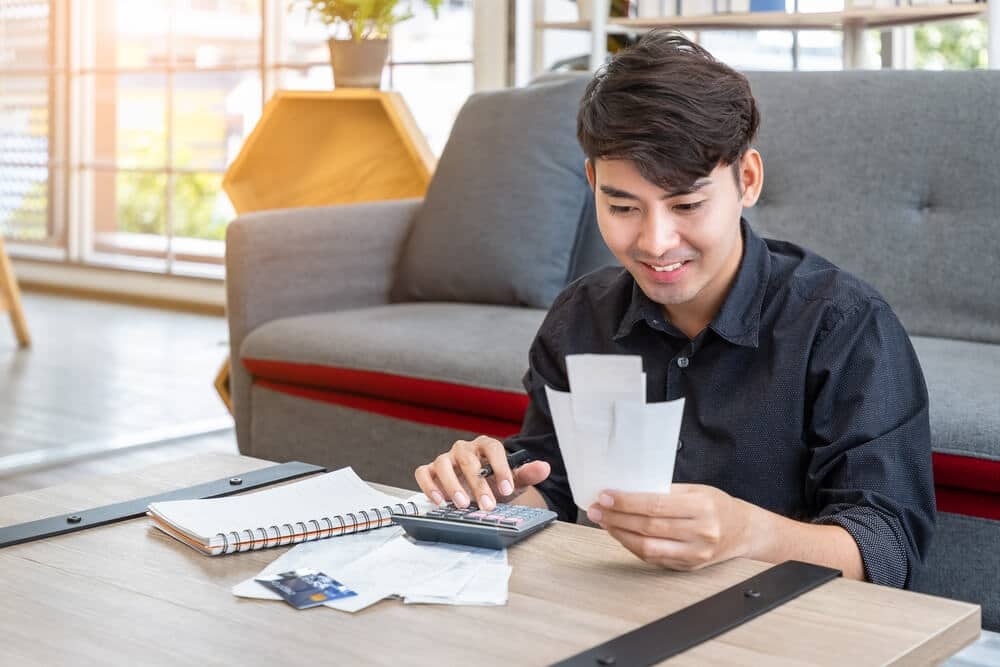
Property Price
The purchase price of the property is a key factor in determining the stamp duty you need to pay.
Higher-priced properties generally attract higher stamp duty rates.
Citizenship Status: Singapore Citizen vs. Foreigner
The citizenship status of the buyer also affects the stamp duty payable.
Singapore citizens may be eligible for certain exemptions or lower rates compared to foreigners.
Second Property Purchases and Additional Buyer’s Stamp Duty (ABSD)
If you are purchasing a second property, you may be subject to Additional Buyer’s Stamp Duty (ABSD), which is an additional tax imposed on buyers acquiring multiple properties.
Stamp Duty for HDB Flats and Private Properties: A Comparison
Understanding Stamp Duty for HDB Flats
Stamp duty for HDB flats, including the BSD and ABSD rates, differs from stamp duty for private properties.
HDB flats are subject to specific stamp duty rules and regulations.
Understanding Stamp Duty for Private Properties
Stamp duty for private properties is calculated differently from HDB flats.
Private properties are usually subject to higher stamp duty rates compared to HDB flats.
Differences in Stamp Duty Rates for HDB Flats and Private Properties
There are differences in the stamp duty rates for HDB flats and private properties.
These differences reflect the varying market conditions, demand, and policy considerations.
Navigating Cooling Measures in the Singapore Property Market
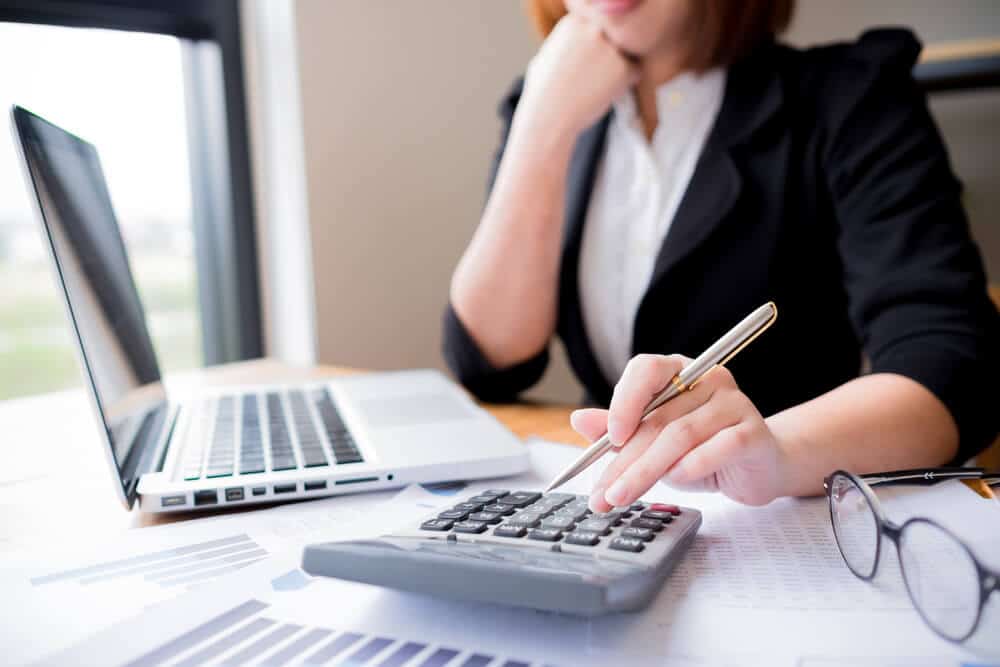
What are the current cooling measures in the Singapore property market?
As of April 2023, the cooling measures implemented by the government include the Additional Buyer Stamp Duty (ABSD) and Seller Stamp Duty (SSD).
These measures aim to curb speculation and ensure a stable residential property market.
How do cooling measures affect HDB buyer stamp duty?
The cooling measures implemented in the property market have an impact on the HDB buyer stamp duty.
The stamp duty rates for HDB flats are determined based on the purchase price or market value, whichever is higher.
Are there any exemptions from cooling measures for foreigners?
Foreigners buying any residential property in Singapore are required to pay the ABSD.
There are no exemptions from the cooling measures for foreigners, and they are subject to the same obligations as Singapore residents.
Exploring the Option to Purchase (OTP) and Its Implications on Stamp Duty
What is an Option to Purchase and how does it impact stamp duty?
An Option to Purchase (OTP) is a legal contract between a buyer and a seller that grants the buyer the right to buy a property within a specified period.
The OTP does not attract stamp duty by itself, but once the buyer exercises the option, stamp duty becomes payable.
Is stamp duty payable upon exercising the Option to Purchase?
Yes, stamp duty is payable upon exercising the Option to Purchase.
The stamp duty rates are based on the purchase price or market value, whichever is higher, and the buyer is expected to pay the stamp duty within 14 days from the date of exercising the option.
Are there any differences in stamp duty for commercial or industrial properties?
Yes, there are differences in stamp duty for commercial or industrial properties compared to residential properties.
The stamp duty rates for commercial and industrial properties are calculated based on the purchase price or market value, whichever is higher, and the rates differ from those applicable to residential properties.
Additional Buyer Stamp Duty (ABSD) and Its Role in Property Transactions

What is Additional Buyer Stamp Duty (ABSD) and when is it applicable?
Additional Buyer Stamp Duty (ABSD) is a tax imposed on certain categories of property buyers in Singapore.
It applies to both Singapore citizens and foreigners who purchase or acquire residential properties, including HDB flats and private residential properties.
How is ABSD calculated for residential property purchases?
ABSD is calculated based on a tiered structure, with higher rates imposed on buyers who already own one or more properties.
The rates are determined based on the purchase price or market value, whichever is higher, and they increase progressively for second and subsequent residential property purchases.
What are the latest revisions in ABSD rates for 2023?
The latest revisions in ABSD rates were announced on 27 April 2023 by Finance Minister Lawrence Wong.
The revisions include an increase in the highest applicable ABSD rate for foreigners purchasing residential properties, effective from 27 April 2023.
These changes were implemented to ensure a sustainable property market and curb excessive price escalation.
Seller Stamp Duty (SSD): What Sellers Need to Know in 2023
What is Seller Stamp Duty (SSD) and when is it imposed?
Seller Stamp Duty (SSD) is a tax imposed on sellers who dispose of their residential properties within a specified holding period.
It aims to discourage short-term property speculation and stabilize the property market.
The SSD is imposed when the property is sold within a certain period from its purchase date.
The holding period and applicable rates depend on the date of purchase.
How is SSD calculated for property sellers?
The calculation of SSD for property sellers depends on the holding period and the property’s market value at the time of sale.
The rates are tiered, with higher rates imposed for properties sold within a shorter holding period.
Are there any exemptions or variations to SSD?
Yes, there are exemptions and variations to the SSD.
For example, if the property is transferred to a close family member, such as a spouse or child, the SSD may be waived.
However, it is essential to consult with a legal professional or tax advisor to understand the specific circumstances and eligibility for exemptions or variations to the SSD.
Calculating Stamp Duty: A Step-by-Step Guide for Property Buyers
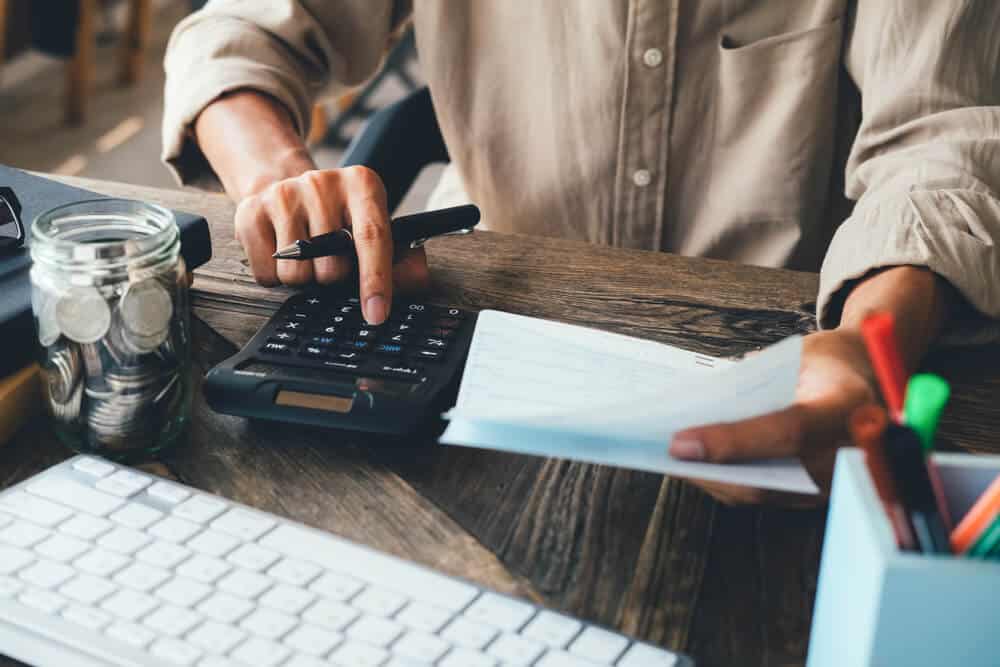
How is stamp duty calculated for residential properties?
The stamp duty for residential properties in Singapore is calculated based on the purchase price or market value, whichever is higher.
The rates range from 1% to 4% for residential properties, depending on the purchase price or market value and the buyer’s ownership status.
What are the different tiers and rates for stamp duty?
The stamp duty rates for residential properties are structured in several tiers.
For example, for the first $180,000 of the purchase price or market value, the stamp duty rate is 1%.
The rates increase progressively for higher purchase prices or market values.
Where can property buyers find a stamp duty calculator?
Property buyers can find a stamp duty calculator on the website of the Inland Revenue Authority of Singapore (IRAS).
The calculator allows buyers to estimate the stamp duty payable based on the property’s purchase price or market value.
Understanding ABSD Remission and Who Qualifies for It
What is ABSD Remission and how does it work?
ABSD stands for Additional Buyer’s Stamp Duty, which is an additional tax imposed on certain groups of property buyers.
However, there are cases when buyers can qualify for ABSD remission, which means they are exempted from paying ABSD.
This remission is designed to provide relief to specific individuals or situations to promote a sustainable property market.
ABSD remission can significantly reduce the stamp duty payable by the buyer, making the property purchase more affordable.
Who qualifies for ABSD Remission?
To qualify for ABSD remission, the buyer must meet certain criteria set by the authorities.
Generally, Singapore citizens and permanent residents are eligible for remission if they meet specific requirements.
However, it’s important to note that non-residential buyers, such as foreigners, do not qualify for ABSD remission and are required to pay the full amount of stamp duty.
How can one apply for ABSD Remission?
If you meet the criteria for ABSD remission, you can apply for it during the property purchase process.
The application is typically submitted to the authorities for assessment.
It’s advisable to seek professional advice or consult the relevant government agencies to ensure that you meet all the requirements and submit the application correctly.
Impact of Property Prices on Stamp Duty for Buyers and Foreigners
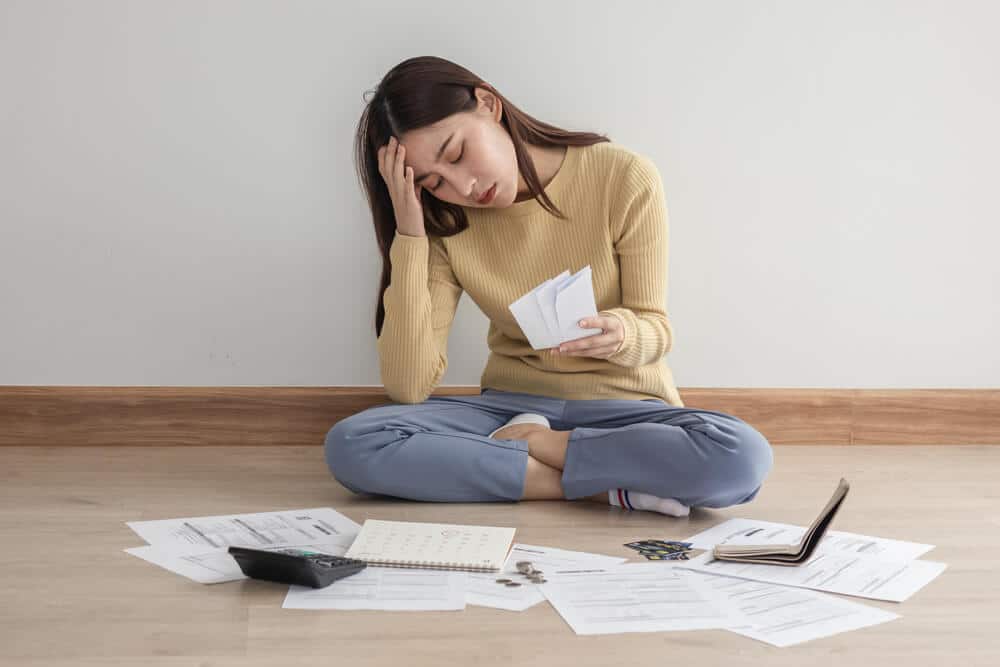
How does the price of property affect the stamp duty for buyers?
The stamp duty payable by buyers is directly influenced by the price of the property.
Stamp duty rates are determined based on a percentage of the property’s purchase price.
As the price of the property increases, the amount of stamp duty also increases proportionally.
Buyers need to consider the stamp duty cost when budgeting for their property purchase.
What are the stamp duty considerations for foreigners buying residential property in Singapore?
Foreigners buying residential property in Singapore are subject to additional stamp duty taxes.
In addition to the regular stamp duty, foreigners are required to pay the Additional Buyer’s Stamp Duty (ABSD).
The ABSD rates for foreigners were last revised on 27 April 2023, and the new rates will be implemented from that date onwards.
These additional taxes can significantly impact the overall cost of purchasing a property in Singapore for foreigners.
Are there any exemptions or discounts on stamp duty for foreigners?
Unfortunately, there are no exemptions or discounts on stamp duty specifically for foreigners buying residential property.
Foreigners are required to pay the full amount of stamp duty, including the ABSD, if applicable.
However, it’s worth noting that there may be certain remission schemes or incentives available for foreigners under specific circumstances.
It’s best to consult professionals or relevant government agencies to explore any potential options for reducing stamp duty costs.
Foreigners Buying Residential Property in Singapore: Stamp Duty Considerations
What are the stamp duty rates for foreigners buying residential property in Singapore?
The stamp duty rates for foreigners buying residential property in Singapore are higher compared to Singapore citizens and permanent residents.
As of the revised ABSD rates implemented on 27 April 2023, foreigners are subject to higher stamp duty rates.
These rates are designed to ensure that the property market remains sustainable and that housing goals are prioritized.
Are there any additional stamp duty taxes for foreigners?
In addition to the ABSD, which applies to all buyers, foreigners may also be subject to other stamp duty taxes depending on their specific circumstances.
For example, if a foreigner already owns one or more residential properties in Singapore, they may be required to pay the Additional Conveyance Duty (ACD).
The ACD is meant to discourage excessive property speculation and ensure that properties are utilized as intended.
How is stamp duty calculated for foreigners?
Stamp duty calculation for foreigners follows the same principles as for Singapore citizens and permanent residents.
The stamp duty is calculated based on the purchase price or the market value of the property, whichever is higher.
Different rates apply depending on the property type and the individual’s ownership profile.
It’s essential to use an ABSD calculator or seek professional advice to accurately determine the stamp duty payable.
Prioritizing a Sustainable Property Market: How Stamp Duty Supports Housing Goals

How does stamp duty help in ensuring a sustainable property market?
Stamp duty is one of the measures the government uses to regulate the property market and promote sustainability.
By implementing stamp duty rates that vary based on factors such as citizenship status and property ownership, the government can influence property demand and deter excessive speculation.
This helps to maintain a stable property market and safeguard the interests of homebuyers and investors.
What are the implications of stamp duty on housing goals?
Stamp duty has implications for housing goals as it directly affects the affordability of residential properties.
By imposing higher stamp duty rates on certain groups, such as foreigners or individuals purchasing their second residential property, the government aims to control property prices and ensure that housing remains accessible to Singapore citizens and permanent residents.
How does the government control property prices through stamp duty?
The government controls property prices through stamp duty by adjusting the rates based on market conditions and policy objectives.
By raising or lowering the stamp duty rates, the government can influence demand and discourage speculative investment.
This helps to maintain a balanced property market where prices are sustainable and properties are utilized for long-term residential purposes.
Stamp Duty Rates and Implications for HDB and Private Property Buyers in 2023
What are the stamp duty rates for HDB and private property buyers in 2023?
The stamp duty rates for HDB and private property buyers in 2023 are subject to the revised ABSD rates implemented from 27 April 2023.
These rates vary depending on factors such as citizenship status, property type, and whether the buyer already owns residential properties in Singapore.
Buyers need to be aware of these rates to accurately budget for the stamp duty cost.
How does the stamp duty differ for HDB and private properties?
The stamp duty rates differ for HDB and private properties due to the different nature and purpose of these property types.
HDB properties are subsidized public housing for Singapore citizens, while private properties cater to a wider range of buyers, including permanent residents and foreigners.
The government uses stamp duty rates to ensure that HDB properties remain affordable for Singapore citizens while balancing the demand and supply for private properties.
What are the effects of the revised ABSD rates on HDB and private property buyers?
The effects of the revised ABSD rates on HDB and private property buyers depend on their specific circumstances.
For example, first-time HDB buyers may benefit from certain remission schemes that reduce or exempt them from paying ABSD.
On the other hand, private property buyers, especially foreigners, may experience a higher stamp duty cost due to the revised rates.
It’s crucial to be aware of these implications and factor them into the overall property purchase budget.
Conclusion
In conclusion, understanding HDB Buyer Stamp Duty (BSD) in Singapore is essential for anyone looking to purchase an HDB flat in the country.
BSD is a tax calculated based on the purchase price of the property and applies to all buyers of HDB flats.
The rates are determined by the Singapore government and can be calculated using the stamp duty calculator provided by the Inland Revenue Authority of Singapore (IRAS).
Moreover, it’s crucial to be aware of the different types of stamp duty in Singapore, including Additional Buyer Stamp Duty (ABSD) and Seller Stamp Duty (SSD).
These stamp duties have varying rates depending on factors such as citizenship status, property type, and the number of properties already owned.
Frequently Asked Questions
What is HDB Buyer Stamp Duty?
HDB Buyer Stamp Duty (BSD) is the tax that buyers have to pay when purchasing a residential property in Singapore.
It applies to both HDB flats and private properties.
How much stamp duty do I need to pay?
The amount of stamp duty you need to pay depends on the purchase price of the property.
The rates range from 1% to 4%, with higher rates for higher-value properties.
Do I need to pay stamp duty if I am a first-time buyer?
Yes, first-time buyers are also required to pay stamp duty when purchasing a property in Singapore.
What are property cooling measures?
Property cooling measures are government regulations implemented to cool down the property market and prioritize housing affordability.
These measures aim to prevent property prices from rising too quickly and becoming unaffordable for the general population.
How do I pay the Additional Buyer Stamp Duty (ABSD)?
The Additional Buyer Stamp Duty (ABSD) is a tax imposed on certain groups of property buyers, such as foreigners and entities buying residential properties in Singapore.
It can be paid in cash or deducted from the funds used for the purchase.
What is the difference between buying an HDB flat and a private property?
HDB flats are public housing units managed by the Housing and Development Board, while private properties are typically condominiums, landed houses, or commercial properties.
The rules and regulations for buying HDB flats differ from those for buying private properties.
What is a purchase agreement?
A purchase agreement is a legal document that outlines the terms and conditions of the property purchase.
It includes details such as the purchase price, payment terms, and the obligations of the buyer and seller.
What is the lease period of an HDB flat?
The lease period of an HDB flat is typically 99 years or 999 years, depending on the type of flat and its location.
What is the validity period of the Buyer Stamp Duty (BSD) remission for married couples?
The validity period of the Buyer Stamp Duty (BSD) remission for married couples is 6 months from the date of marriage or the date of resale completion, whichever is later.
What is the downpayment required when buying a property in Singapore?
The downpayment required when buying a property in Singapore is typically 5% to 20% of the purchase price, depending on factors such as the type of property and the buyer’s financial situation.











